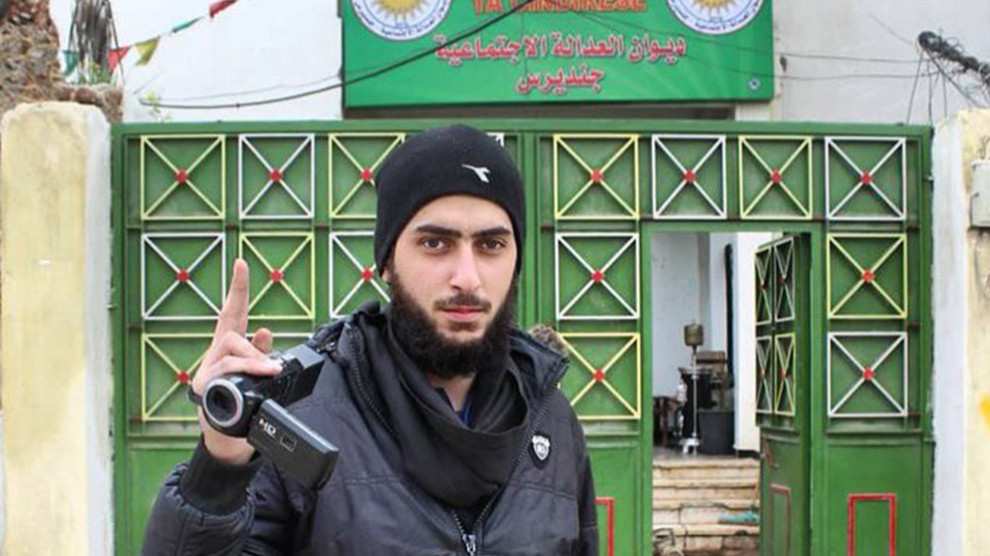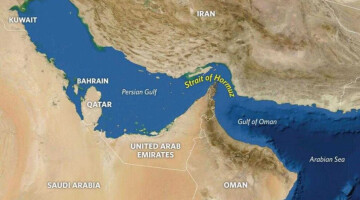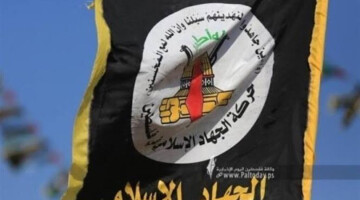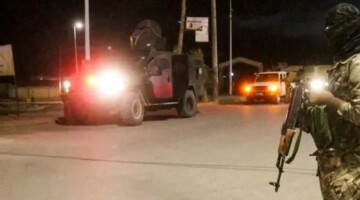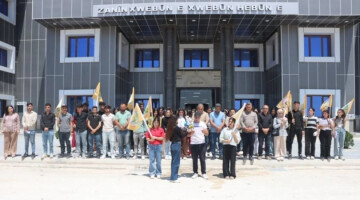Over 40 former ISIS members now working in Afrin as part of Turkish-backed forces have been identified in a new database published by Rojava Information Center.
They include commanders, brigade leaders, recruiting officers and co-ordinators working directly with the Turkish intelligence services. The database includes their role under ISIS, their new role as part of Turkish-backed jihadist forces in the Afrin region, their current location, biographical information, and in some instances photographs of the individuals in question.
Some names and photos were obtained by Rojava Information Center and OSINT researchers following opposition Telegram channels in Afrin, others were provided by the Foreign Relations Bureau of North East Syria, and others identified in research presented at the International Forum on ISIS.
Names included in the database include: Isma’il Firas al-‘Abbar, who was an ISIS commander in Deir-ez-Zor before becoming a Turkish-backed brigade leader in Afrin; Basil Nayef al-Shehab, who fought against YPG with ISIS in Kobane before becoming a commander in the Turkish-backed Sultan Murad brigade and participating in the occupation of Afrin: and Abu al-Baraa al-Ansari, an ISIS commander in Deir-ez-Zor who is now a commander of Turkish-backed militia Ahrar al-Sharqiya.
Across Afrin, groups like Ahrar al-Sharqiya and the Sultan Murad Brigade are imposing sharia law, and engaging in extortion, kidnapping, murder, torture, rape, and gender-based violence, in actions possibly amounting to war crimes per the United Nations.
The report can be seen here for more information about the atrocities being committed by these jihadist militias, and the depth of Turkish state support for their actions.
Rojava Information Center researcher Joan Garcia says:
“This database shows just a fraction of the depth and extent of Turkish collusion with ISIS. Multiple prominent ISIS commanders and fighters are now operating openly as commanders in militias funded, armed, trained and controlled by Turkey.
Some of these individuals work in direct cooperation with the Turkish intelligence services (MIT), and all are part of a chain of command reaching directly to Ankara and President Recep Tayyip Erdogan.
Some are known to have passed through Turkey once leaving ISIS as their defeat became apparent, taking the return path on the ‘jihadist highway’ which brought tens of thousands of jihadist fighters and their families into Syria via Turkish soil, in both tacit and active collusion with the Turkish state. In name, Turkey is a part of the International Coalition against ISIS. In reality, it is a state sponsor of terrorism funding and backing tens of thousands of jihadi fighters, including many with direct links to ISIS.”

